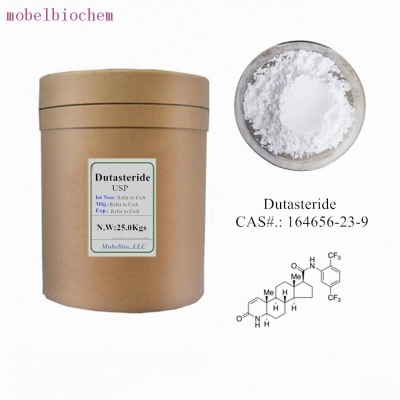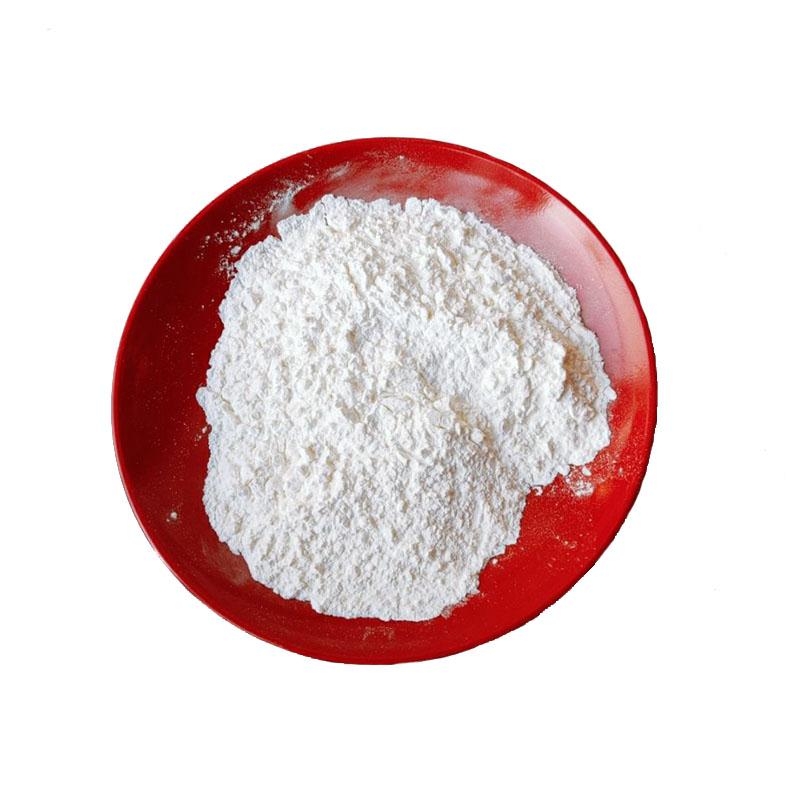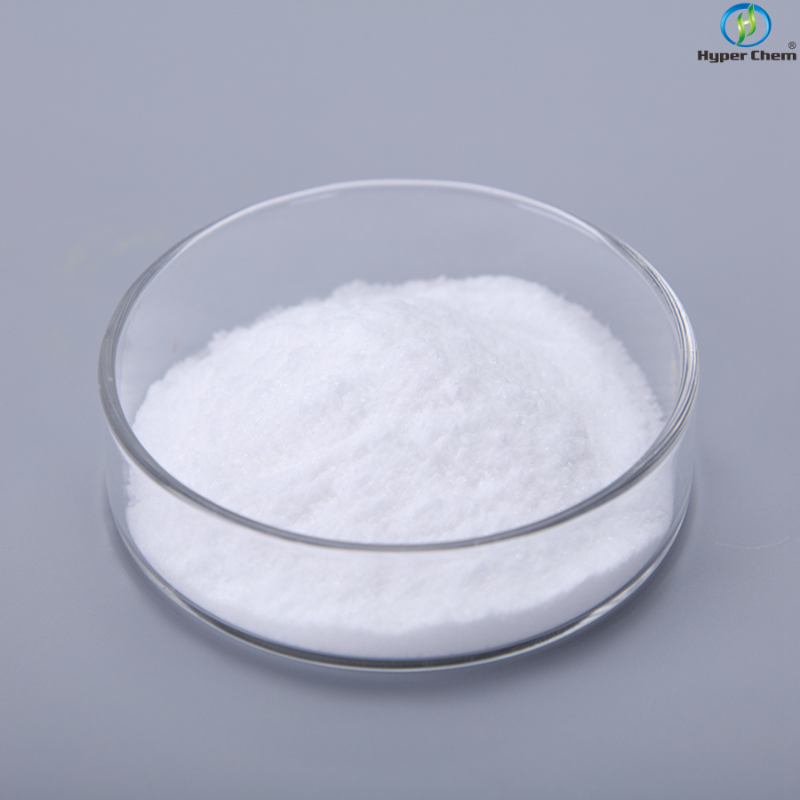-
Categories
-
Pharmaceutical Intermediates
-
Active Pharmaceutical Ingredients
-
Food Additives
- Industrial Coatings
- Agrochemicals
- Dyes and Pigments
- Surfactant
- Flavors and Fragrances
- Chemical Reagents
- Catalyst and Auxiliary
- Natural Products
- Inorganic Chemistry
-
Organic Chemistry
-
Biochemical Engineering
- Analytical Chemistry
-
Cosmetic Ingredient
- Water Treatment Chemical
-
Pharmaceutical Intermediates
Promotion
ECHEMI Mall
Wholesale
Weekly Price
Exhibition
News
-
Trade Service
For medical professionals only
Diagnose and treat big and small problems, see what the guidelines say
- Drugs used to treat hypothyroidism are mainly thyroid hormones (see table below).
- Monotherapy with levothyroxine (L-T4) is preferred, and lifelong medication
is required. - The dose of L-T 4 therapy depends on the degree of hypothyroidism, etiology, age, special circumstances, body weight, and individual differences
. - The replacement dose of L-T4 is 1.
6-1.
8 μg/kg/d for adults according to standard body weight, about 2.
0 μg/kg/d for children, and 1.
0 μg/kg/d for the elderly; Thyroid cancer is about 2.
2 μg/kg/day after surgery, and the replacement dose needs to be increased by 20% to 30%
during pregnancy. - Ioderonine is a synthetic sodium triiodothyronate (T3), which has fast action and short duration, and is suitable for rescue of myxedema coma
. - Dry thyroid tablets are dry preparations of porcine thyroid gland that have been rarely used
due to their unstable thyroid hormone amounts and T3 supraphysiological doses. - Serum thyroid-stimulating hormone (TSH) should be monitored 4 to 8 weeks after L-T4 replacement therapy, and repeated every 6 to 12 months after treatment is met, or as often
as clinically necessary. - Primary hypothyroidism is adjusted to the L-T4 dose according to TSH levels, and the treatment goal is individualized
. - Central hypothyroidism is dosed according to total thyroxine (TT 4) and free thyroxine (FT4) levels, not TSH levels
. - Care should be taken during replacement therapy to avoid clinical or subclinical hyperthyroidism
caused by overdose.
What are the diagnostic criteria for major diseases? What are the preferred therapeutic drugs and regimens? What clinical signs and symptoms are prioritized for diagnosing a disease?
Open the decision assistant App clinical guideline module, dialogue major guidelines, domestic and foreign authoritative guidelines, decision-making assistant "clinical guidelines
" module have 1 👇.
Scan the QR code below 2.
Download Clinical Decision Assistant App
3 Open the Decision Assistant app and click the icon
4.
Search Guide
Download the app and read a great guide every day!
Download the Decision Assistant App and check it anytime, anywhere~Click "Read Original" to get the guidelines







